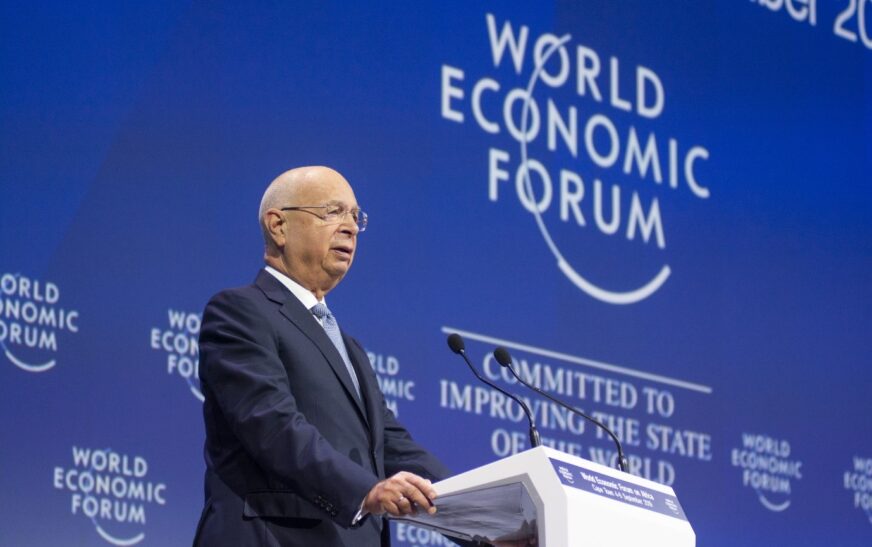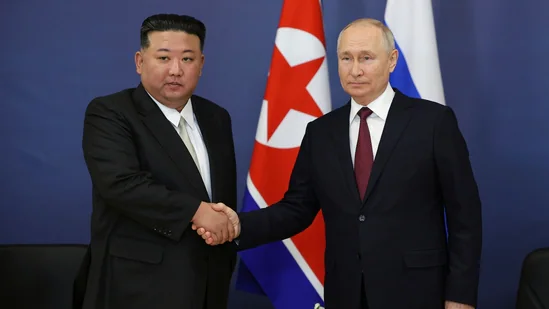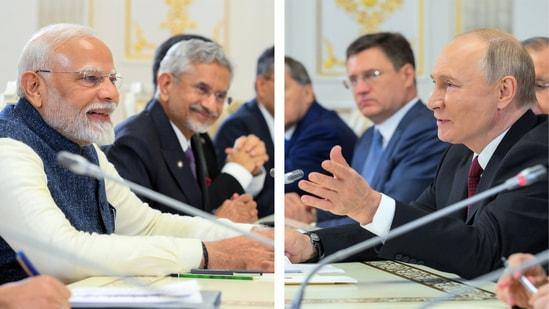In a significant shift, the World Economic Forum (WEF) announced on Tuesday that its founder, Klaus Schwab, will be stepping away from the day-to-day management of the organization, marking the end of his more than 50-year tenure at its helm.
The forum revealed that this transition is part of a comprehensive strategy to overhaul its management structure, with governance responsibilities shifting towards a president and managing board. Currently, Børge Brende holds the position of WEF President.
While the forum refrained from disclosing Schwab’s successor, it affirmed its commitment to evolving into the leading global institution for public-private cooperation. This strategic transformation, initiated in 2015, aims to transition the organization from a founder-managed entity to one where executive responsibilities are shouldered by a president and managing board.
According to the WEF’s statement to CNBC, Schwab will assume the role of Chairman of the Board of Trustees as part of this transition. The board will be restructured around four strategic committees, further solidifying the impact of the forum’s initiatives.
The leadership transition is expected to be finalized before the next Davos gathering scheduled for January 2025.
Speculation surrounding Schwab’s succession has been rife in recent years, with potential candidates including his offspring or Brende himself. However, the forum has maintained secrecy regarding its intentions until now.
Schwab, a distinguished German engineer and economist, founded the WEF in 1971, initially as the European Management Forum, with the aim of fostering competitiveness among European business leaders vis-à-vis their American counterparts.
Over the decades, the WEF’s annual Davos summit has evolved into a premier event for the global elite, attracting world leaders and corporate magnates to deliberate on pressing global issues. While celebrated for facilitating historic diplomatic dialogues and launching influential campaigns, such as global health initiatives, the forum has also faced criticism for its perceived lack of inclusivity and effectiveness in addressing issues like climate change and wealth disparity.
In its latest statement, the WEF emphasized that the organizational restructuring signifies its commitment to providing an independent and impartial platform to tackle the multifaceted challenges of our interconnected world.











